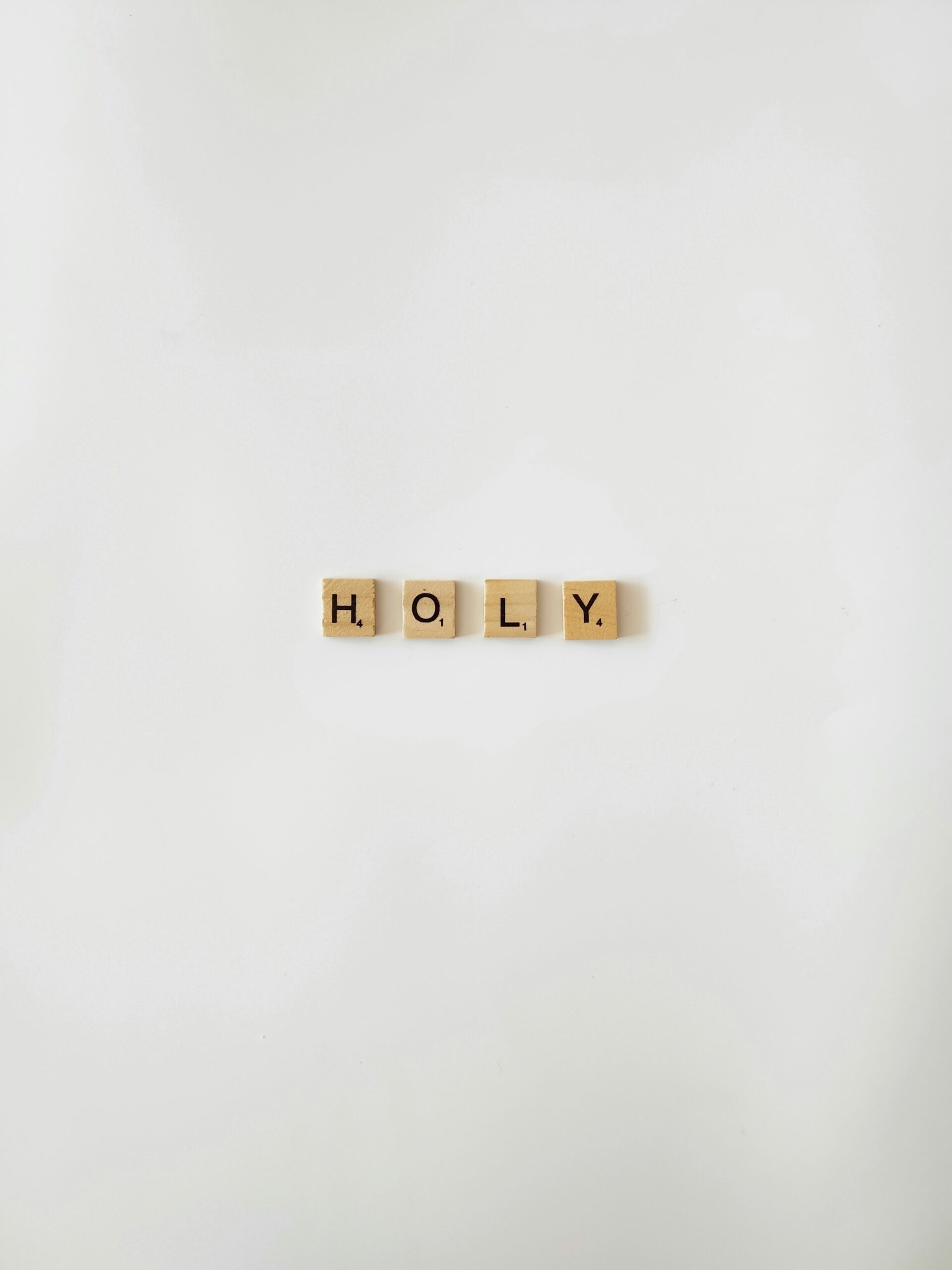For Americans, Faith in Private Is Strong, While Religion in Public Deeply Divides
As Christians, Jews, Muslims, Hindus, and Buddhists celebrate the ageless rituals of Easter, Passover, Ramadan, Holi, and Vesak this sacred season, new research shows a cleaving between how Americans regard religion in their private lives versus the public sphere. Pew Research Center’s Religious Landscape Study of some 36,000 U.S. adults shows 62% of Americans identify as Christian; 7% identify with other religions, including Jewish (2%), Muslim, Buddhist, and Hindu (about 1% each); 29% are unaffiliated with a religion. While religious-secular diversity can be a fraught subject in America, individual faith remains a vital force around the country — and what faith means to individuals can vary greatly.
The American Communities Project’s analysis of MRI-Simmons consumer research collected from households between September 2021 and August 2023, and segmented into our 15 community types last fall, shows that Americans’ personal religious beliefs and daily practices are central to their lives. This is true no matter where they call home.
However, Americans are much less connected to organized religion, as seen in the relatively low numbers of service attendance. At the national level, a little more than a third of residents said they somewhat or completely agree that they attend religious services regularly, and even in the most religious kinds of communities, there was no majority agreement.
What’s more, as the new Trump administration establishes a White House Faith Office and moves forward on “defending religious liberty,” there are real divides on the role religion should play in the broader society. Nationally, Americans are split down the middle on whether religion should be the pillar of our society and whether the government should support prayer in school. Divides within and across the 15 community types are evident on these questions as well. The strongest support for religion’s prominence in public life is found in rural southern, midwestern, and Appalachian communities: the African American South, Evangelical Hubs, and Working Class Country. Their collective population is about 34 million.
Individual Beliefs and Practices
A clear majority of Americans, 58%, said holding to religious faith and belief is very important (as opposed to the two other given options: average importance at 12%, and not important at 29%). This significant majority view spreads across the 15 community types, ranging between 55% and 70% depending on the place. The African American South, Evangelical Hubs concentrated in the South and Midwest, and Working Class Country in Appalachia came in at the highest rates. There was no straight urban-rural divide on this statement. Aging Farmlands and Big Cities were both at 57%. Mormon-dominated LDS Enclaves and affluent Urban Suburbs were both at 55%. All four were considered in the average range.
Similarly, 58% nationally said they somewhat or completely agree that prayer is part of their daily life (though how they define “prayer” is not specified). The pattern here was a near mirror image of the results on religious faith and belief. Pointedly, in the ACP/Ipsos 2024 survey, a majority of African American South residents said their faith gives them hope for the future no matter what is happening around them. It was the only community type to reach above 50% on this statement about hope.
Little Embrace of Organized Religion
When it comes to organized religion, however, the numbers look different. Nationally, 36% reported that they somewhat or completely agree that they attend religious services regularly. Only three community types were considered above average, reaching the low to mid-40s: the African American South, Evangelical Hubs, and Working Class Country. Rural-urban and religious-secular divides were not always evident. For example, 35% of residents in both Big Cities and LDS Enclaves said they somewhat or completely agree that they attend services regularly.
Religion in Society
And the question of the role religion should play in American society really divides the country, according to these MRI-Simmons findings. Overall, 49% said they somewhat or completely agree that religion should be the pillar of our society. Clear majorities agreed in the African American South (62%), Evangelical Hubs (59%), and Working Class Country (59%). Military Posts, known for their conservative leanings, were also considered above average at 54%. The 11 other community types — encompassing a diverse mix of rural, suburban, and urban landscapes and lifestyles — were split down the middle or nearly so.
Similarly, Americans divided down the middle on the statement: “The government should support prayer in school.” Nationally, 50% of Americans said they somewhat or completely agree with the statement. Again, clear majorities in the African American South, Evangelical Hubs, and Working Class Country said they somewhat or completely agree. It was much more divided in other rural and urban-oriented communities: Rural Middle America, Native American Lands, Hispanic Centers, College Towns, Aging Farmlands, Graying America, Exurbs, LDS Enclaves, and Middle Suburbs. Notably, in some cases, more and less religiously diverse communities expressed similar views.
